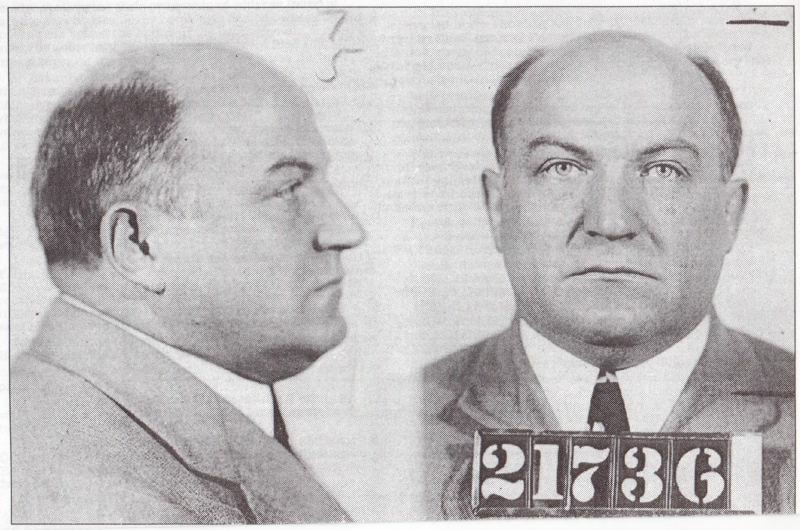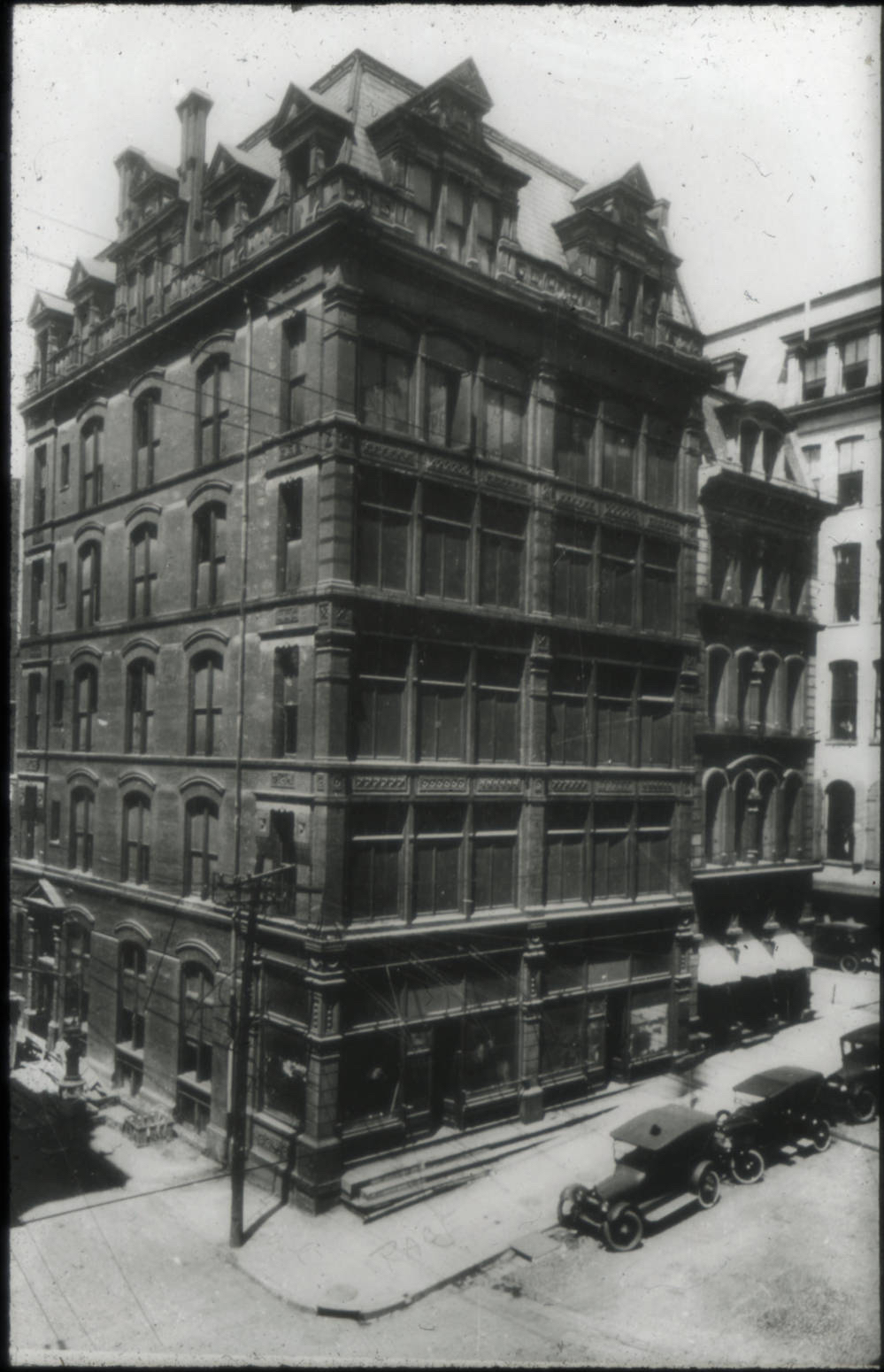Imagine having a topic in your head for 17 years!
I stumbled across George Remus about 17 years ago when Stanley Cutler, an esteemed American historian and scholar, asked me to write about bootlegging for the Dictionary of American History.
Remus’s story was so epic that I couldn’t get it out of my mind. The “Bootlegging” entry had to be concise, so I didn’t get much of an opportunity to expand on the Remus story, but I snuck him in, as well as mentions of Cleveland and Pittsburgh.
Here’s that bit from the essay:
Given the pervasive lawlessness during Prohibition, bootlegging was omnipresent. The operations varied in size, from an intricate network of bootlegging middlemen and local suppliers, right up to America's bootlegging king, George Remus, who operated from Cincinnati, lived a lavish lifestyle, and amassed a $5 million fortune. To escape prosecution, men like Remus used bribery, heavily armed guards, and medicinal licenses to circumvent the law. More ruthless gangsters, such as Capone, did not stop at crime, intimidation, and murder.
— “Bootlegging” Dictionary of American History, 2003
Although researched and written so long ago, I still see bits of my personal writing style that persists. “Pervasive lawlessness” is a stylistic point, as well as the pacing of the sentence.
Later, in 2013, I published a biography of The Great Gatsby, which I had been researching and writing for years. Obviously, the work on the book forced me to continue thinking about this crazy bootleg king, particularly since so many people began writing that he was the inspiration for Jay Gatsby, rather than just one of several.
[Spoiler alert: the link between Jay Gatsby, F. Scott Fitzgerald, and George Remus is an important discussion in The Bourbon King and the beginning of one of America’s great literary mysteries that readers will really enjoy.]
The more I thought about the bootleg king, the more it seemed that no one had really fully captured Remus or put him within the context of American history. His epic tale illuminates and interrogates the early twentieth century, Prohibition, Constitutionality, and many other topics that continue to confound people today.
George Remus also fit neatly into my cultural historian and biographer wheelhouse: big topic, historically significant, and interesting links from that era to what we are experiencing today. I found that there were still many undiscovered aspects to Remus’s story and there were untapped archives, so I barreled ahead.












